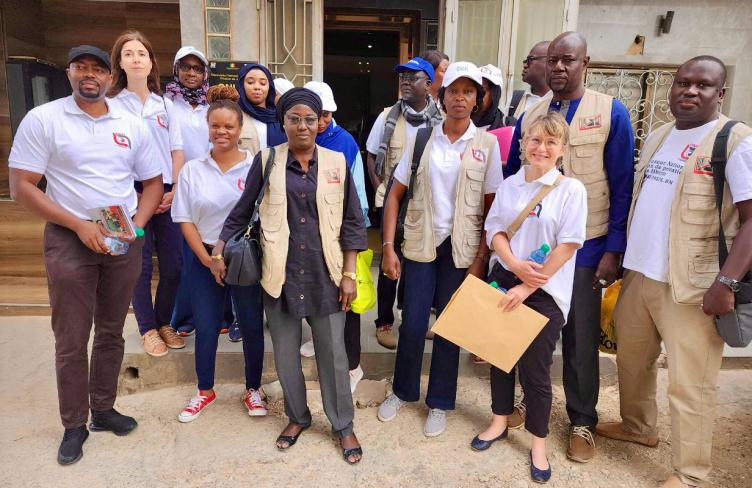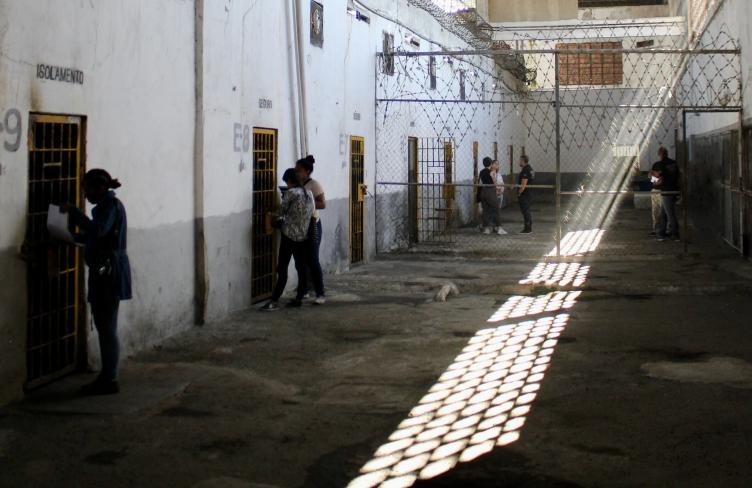Chile ratified the Optional Protocol to the UN Convention against Torture on 12 December 2008, thus acquiring the international obligation to designate its National Preventive Mechanism (NPM) by January 2010. The APT visited Chile from 4 to 7 August to take part in a national seminar covering general aspects of the OPCAT, the requirements of the NPM and the specific implications of the international treaty for Chile.
| Date: | 4 - 7 August 2009 |
| Place: | Santiago de Chile, Chile |
| Purpose: |
Chile ratified the OPCAT on 12 December 2008, thus acquiring the international obligation to designate its NPM by January 2010. In May 2009, Chile was considered by both the UN Committee against Torture (CAT) and the Universal Periodic Review of the Human Rights Council. Recommendations of both procedures included adequate implementation of the OPCAT. The Delegation of Chile to Geneva in May 2009 therefore requested the support of the APT in promoting a national debate about possible NPM options for the country. One option favored by the government is to include the NPM in the future National Human Rights Institution, which is currently under consideration by the Parliament. General purpose:
|
| Partners: |
Ministry of Foreign Affairs and Ministry of Justice CODEPU Amnesty International Chile |
| Activities: |
A one day national seminar took place on 7 August in Santiago de Chile. The seminar was co-organized by the Ministry of Foreign Affairs, the Ministry of Justice and the APT, under the auspices of the University of Chile and the University Diego Portales. Approximately 100 representatives of the government, parliament, the judiciary and civil society participated in the seminar. The three panels covered general aspects of the OPCAT, the requirements of the NPM and the specific implications of the international treaty for Chile. Respected international jurists, Marco Mona (former President of the APT) and Wilder Tayler (member of the UN Subcommittee on Torture) participated in the discussions. Prior to the seminar, the invited international experts joined APT representatives in meetings with key national authorities, legislators and civil society representatives to promote the designation of the NPM, particularly in light of the consideration by Congress of the draft bill to create a National Human Rights Institution, which may be appointed as NPM. |
| Outcome: |
|
| This initiative is funded by Liechtenstein | |
| {gallery}chile09{/gallery} |



